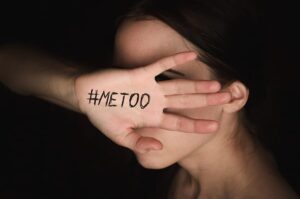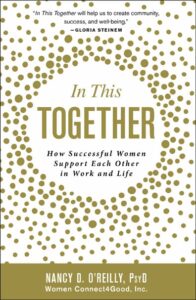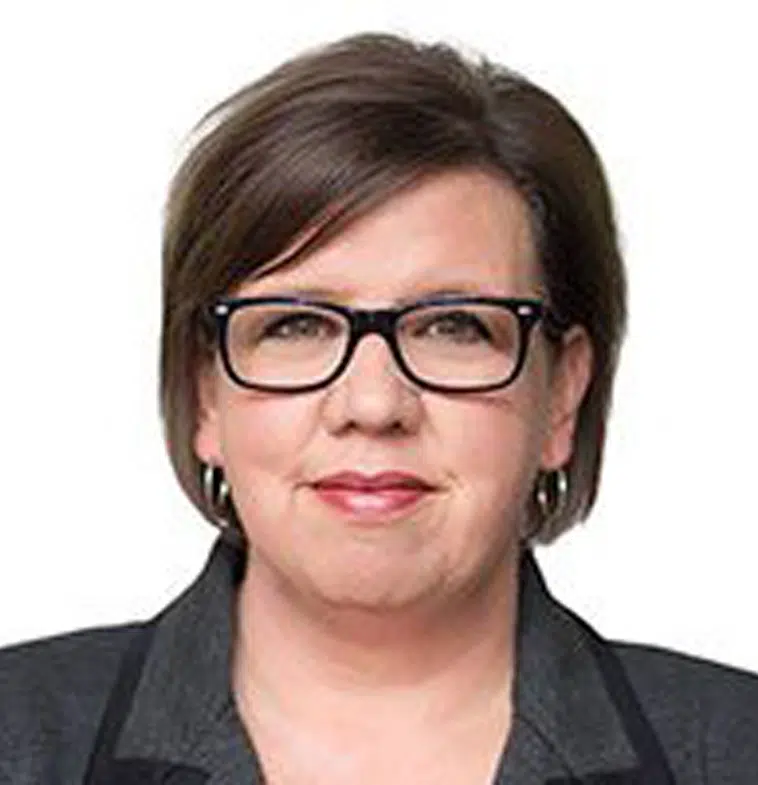
In the fall of 2017, actress Alyssa Milano responded to published sexual harassment and assault allegations against Harvey Weinstein with a Twitter hashtag that simply said, “#MeToo.” The hashtag quickly went viral and the next day, 609,000 posts followed suit according to Meltwater, which tracks social media impact. What started out as a Tweet quickly became a movement and within a year prominent people across a number of industries were publicly accused of sexual misconduct. The movement exposed a laundry list of accusations against men in powerful positions in media, Hollywood, tech and more. Before long women in every industry and from every country began calling out their assailants, saying, “Enough.” Women no longer felt isolated, and it became clear that these high-profile stories were just the tip of the iceberg. In fact, behind the headlines, hundreds of women and men — in industries across the board – filed their own harassment complaints, called hotlines, and came forward with their stories.
The impact of #MeToo has been undeniable and has not only led to the downfall of powerful people, but also an incredible impact on the workplace. The U.S. Equal Employment Opportunity Commission saw about 7,500 harassment complaints filed from October 2017 to September 2018, a 12 percent increase compared to the previous year.
The fight against harassment got a boost from #TimesUp and the National Women’s Law Center. The two groups launched a legal defense fund to provide low-income women with attorney consultations and help with legal fees. According to Emily Martin, a vice president of the National Women’s Law Center, the fund has raised $22 million in donations and assisted 3,500 women and men from all 50 states.
#MeToo Started Long Before the Tweet
Tarana Burke began using #MeToo 11 years before Milano took to Twitter as a way to empower survivors of sexual assault, and the two women actually ended up working together to turn #MeToo into a global phenomenon. Now, Burke has officially established the Me Too Movement as an organization that will continue to have an impact, whether the hashtag is trending or not.
According to an interview with Business Insider, Burke’s biggest goal this year is “fighting for narrative shift,” which she feels needs to take place with the conversations around abuse and harassment. “We’re still talking about individuals that had acted, and we’re still talking about who can come back to work or not and that kind of stuff, as opposed to talking about all the people who said, ‘Me too.’ What do they need? What are they doing right now? How is their life being affected?”
To answer these questions, Burke says she would like to see more open dialogue in workplaces, which may be easier considering the conversations that were started by the movement. It may also be easier given the number of women who have replaced the men who were forced out. Case in point, by October 2018, 201 powerful men were brought down by #MeToo, and nearly half of their replacements were women.
This dialogue is important. As we wrote in the new book, In This Together, if we are to end sexual harassment and violence, we need to understand what it is, what it is not, and how to combat it. Although most men do not rape or harass women, neither do most men feel a responsibility to stop others from doing so.
That means we need to teach men how to treat women. It is time for women to insist that men share the responsibility when it comes to stopping other men from committing assault and abuse. This is not a women’s problem. It’s a human problem, and that means that all of us need to work together for cultural change.
Sexual Harassment is Still a Real Problem
Burke wants “Me Too” not to be a divisive issue, but a common-sense one — that supports survivors of violence and creates inclusive workplaces. However, a May 2018 poll by Morning Consult shows there is a wide partisan gap in support for the #MeToo movement. By October 2018, that gap had grown.
Meredith Conroy writes that since 2016, Republicans have grown more skeptical of women who report harassment and the motivation behind their claims. However, members of both parties were more likely to acknowledge that sexual harassment of women in the workplace is a problem in the U.S. One explanation for the gap could be that attitudes about gender equality are increasingly correlated with partisan identity.
We need to focus on the fact that sexual harassment is a problem, and collaborate on finding ways to change the status quo. Partisan politics aside – this is an issue that deserves our undivided attention, and we need to work together to correct the system that pits us against each other.
When in Doubt, Speak Out
Oftentimes, women are not sure if what is happening to them actually constitutes harassment. If you are unsure, review the definition of workplace sexual harassment and ask someone you trust outside of your organization. If you or someone you know is subject to harassment, insist that other women listen and offer to help make it stop. We can only eliminate this problem if we all work together. Let’s transform the #Metoo movement into a positive force that magnifies our respect, consideration, and kind regard for one another–all genders, races, nationalities and religions. Together, we can heal our divisions and make an impact that moves our civilization another giant step forward toward the kind of life we all want to live.
Order Dr. Nancy’s New Book Today!
 Sexual harassment and gender equality are just a couple of the topics covered in Dr. Nancy’s new book, In This Together: How Successful Women Support Each Other In Work and Life, along with thoughts, inspiration, and stories from 40 successful women.
Sexual harassment and gender equality are just a couple of the topics covered in Dr. Nancy’s new book, In This Together: How Successful Women Support Each Other In Work and Life, along with thoughts, inspiration, and stories from 40 successful women.
Order your copy – and gifts for your friends today!

